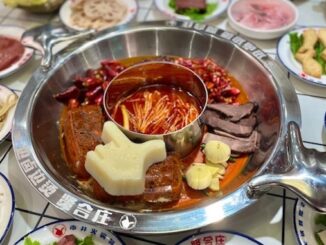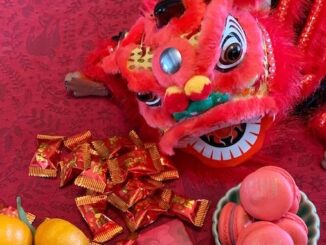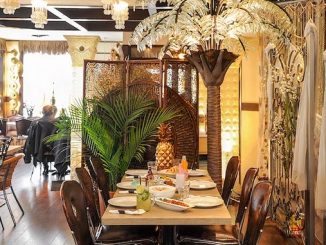Eva Chin was born and raised in Hawaii to parents of Singaporean, Samoan, and Chinese descent, she recalls life filled with family time surrounded by cousins, aunties, and uncles on the islands and abroad in places like Hong Kong and China. Her parents were also international travellers for work so she was constantly on the go. With the incredible opportunities came the exposure she had to many cuisines and cultures – that, she credits for opening her mind to the possibilities of what the world had in store for her as she’s become one of Toronto’s most notable chefs.
As a child, Eva was just like most kids in the schoolyard who dreamt of becoming a firefighter or a pilot. However, her father, a Harvard graduate had visions of her following in his successful business footsteps. She was sent to a prestigious prep school where graduates were expected to become a president or a Nobel Prize winner. Her father actually had dreams of her becoming the first Asian female President. No pressure.
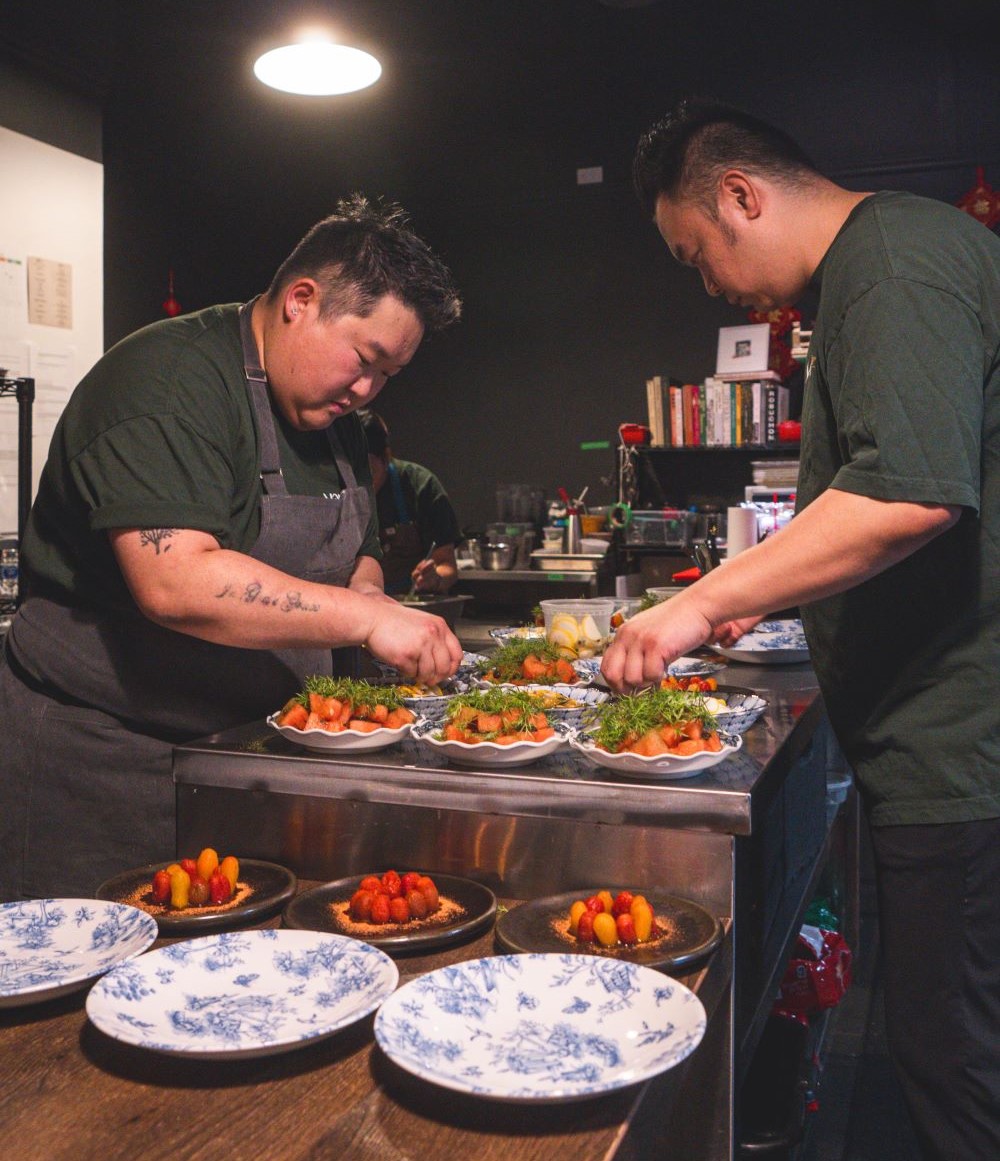
Eva found her interest in behavioural studies. Her dream, at the time, was to pursue a career in research and studying serial killers. Her thesis was based on multiple trips and interviews at Rikers Island, the infamous prison island on the East River in the Bronx, New York. That was her ah-ha moment! This was interesting work that was both meaningful and would make her family proud.
But she wasn’t entirely committed to a life of research just yet. Eva still had the desire to travel before settling into her career and off she went to Asia and then Europe. “I think it was those few years of travel that really made me question, ‘do I really want to go back to a desk with papers?”, said Eva. “I realized that I enjoyed cooking in a kitchen and being a nomad while being paid to do that.”
Eva tells us she’s loved being in the kitchen even as a child. It was her grandmother that instilled the idea of being able to care for yourself. “You don’t ever want to be a woman who doesn’t know how to cook. You have to learn how to cook and to take care of yourself.” Given the generational difference, her grandmother like many of the elders would be worried about not being able to get the right man. “No man wants to marry a woman who doesn’t know how to cook, and take care of herself and the family,” her grandmother would say.
Initially, that traditional way of thinking was for a homemaker skillset. Daily chores had her out in the mornings to the family farm to gather eggs for breakfast. Eva recalls vividly waking up earlier and taking her little umbrella out to the chicken coop for the eggs as a child. She would also gather whatever fruits and vegetables were ready for picking. That umbrella wasn’t to shelter her from the sun’s rays or rain, it was to protect her from potential attacks from the hens. This was the way of life. She wasn’t going to a grocery store, opening a fridge and grabbing milk and cereal.
When Eva embarked on her travels upon graduating, she knew she had to make some money to help cover her travel and daily expenses. But, as she tells us, there were really only two options for Americans. You could go and teach English or you could work in the construction of cooking and be paid cash under the radar. She tried teaching first for a few hours and quickly realized it wasn’t for her.
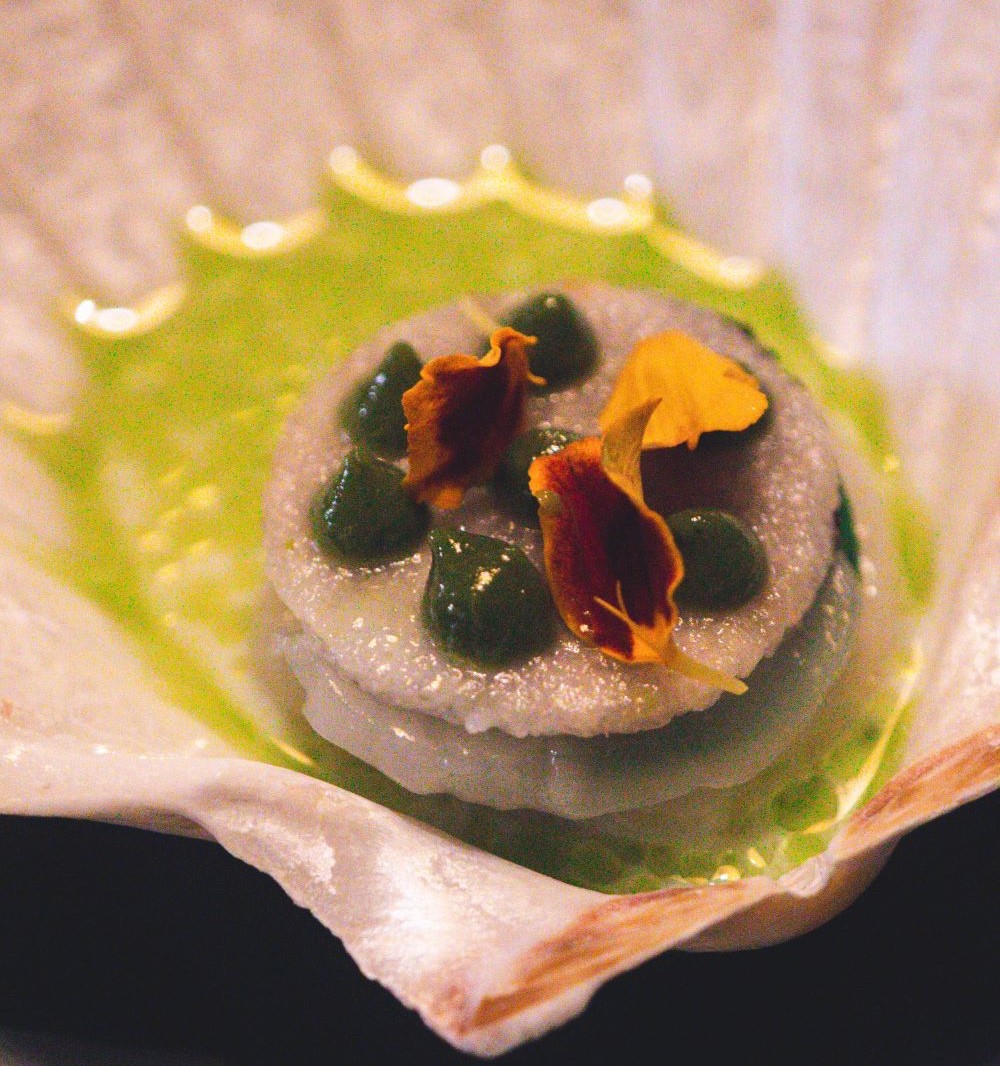
She quickly found a cooking job and immediately felt like she was in a safe and familiar environment but language was a barrier. Her first job was to chop ingredients. “There was a lot of chopping, pointing, and tasting.” But it was a job and it helped her continue to see the world. Then, chefs would ask her “What’s next?” and what were her plans?
She had her eyes set on Europe. The chef she worked with in Japan wrote and recommended Eva to a chef friend in Paris. Another recommended her to a restaurant in London. “All of these networks continued to push me to the next level without me even realizing it,” said Eva. But when she stepped into the kitchen in London, the most challenging barrier to date had finally disappeared. It was in London where everyone was more in sync and language was no longer a blockage for her. It was here that she realized that people could make a living and career out of cooking. “People were ambitious and passionate about what they did.” And that brought her full circle back to her father and what he had instilled in her “to be the best at something or don’t do it at all.”
Giving it her all in something she enjoyed opened up more opportunities. Working in Michelin-starred restaurants and seeing what fine dining was like motivated her even more. It didn’t matter if she was just peeling potatoes. She was in an environment where should could participate and learn. As she began cooking and rising up the ranks she came to the realization that she had a good shot and making this a serious and incredible career.
Working in restaurants around the world also offered opportunities to learn different cooking techniques but what had her circled back to her Asian roots? Eva tells us about the times she was working in kitchens in Europe and when it came time to make staff meals, they would often ask her to make Asian dishes like dumplings or noodles. “I knew I could make a mean pasta but they always wanted my Chinese dishes. Then, one day I realized, I should really just make Chinese cuisine. Why was I working so hard to learn other cuisines?”
Since she had run out of money (newsflash, pay for restaurant cooks is really bad in Europe), Eva decided to return to Hong Kong where she could figure out her next steps. Plus, she knew she had places to stay. She knew many young adults were also travelling to the area doing that whole backpack in Asia thing.
Upon arrival, she was met with the customs officer who asked Eva to say her name in Chinese. She pronounced it in such a bad way that he looked at her in disdain as to say “Oh, you’re one of those kids who don’t even know their own name.” And it hit her at that moment that even though she had the Hong Kong ID Card, she really had zero depth of her own heritage. She suddenly found the need to research and relearn the language. So she stayed to do so.
Flash forward to the pandemic lockdown here in Canada. Eva arrived in 2020 and the city was a ghost town. Just when we thought it would be cold and lonely in a big city, she received messages from restauranteur Colin Li (Hong Shing), Trevor Lui (Fat Bao, Quell), and Craig Wong (Patois) welcoming her to the city. “These were names I had only have heard of and they only had good thoughts and good intentions,” said Eva. “They welcomed me into the city and the Chinese community and it was so heartwarming. I had never experienced anything like that until I came to Toronto.”
Eva felt close to the Chinese restaurant community as the city slowly opened up. She started frequenting Colin Li’s restaurant, Hong Shing and had many conversations that went well into the night. Colin’s family restaurant has been a fixture in the original Chinatown area for over 25 years. He recently decided to take it over and modernize both the menu and the space. He’s done so respectfully bringing in a fresh new vibe catering to a new generation while in keeping with traditional techniques in Chinese cuisine.
Eva, had this idea of using his restaurant space to host 20 to 30 of her friends for dinner where she would cook what she wanted, a neo-Chinese menu. She offered to split the costs with him and it was a hit. Colin’s entrepreneurial spirit suggested that she considered doing this more often and open up to beyond friends. But she brushed him off. Her mindset for cooking was in a Western-style restaurant at the time. But Colin eventually convinced her this past summer and they tested the waters with a Three Dragons Dinner at Hong Shing bringing Chef Wallace Wong (aka The Six Pack Chef) into the fold. No surprise the pop up supper club-style event sold out.
On the heels on that successful dinner, Eva joined forces again with Colin this fall to bring a series of pop up dinner events under the umbrella name of Yan Dining Room.
Where did the name come from? About 10 years ago Eva realized she wanted to open a restaurant by herself. The first restaurant concept she came up with was called Oak. “I wanted to gather folks around to eat. But over the past few years I started feeling disconnected with that name. But my ideas and the meaning into intention was still the same. I still wanted to cook for people I love, so I continued looking around again for a name.”
Eva also continued learning more about her own heritage and connecting with it. The word, Yan, kept coming up because it reminded her of the way she wanted to cook and gather people. So, Yan was born in 2021 and at first, she had the idea to create the dining concept as Canada’s first-ever Chinese Omakase restaurant but never actually pitched the idea to anyone. “I only brought it up casually to Colin, asking for his opinion and he really liked it!”
Yan Dining Room series launched earlier this month to much accolades. Diners were invited to explore an innovative, boundary-pushing interpretation of Chinese cuisine that blends history with modern culinary techniques. Here, Chef Eva Chin, features her creative takes on traditional Chinese flavours with an evolving, seasonal tasting menu that reflects the forward-thinking approach of Yan.
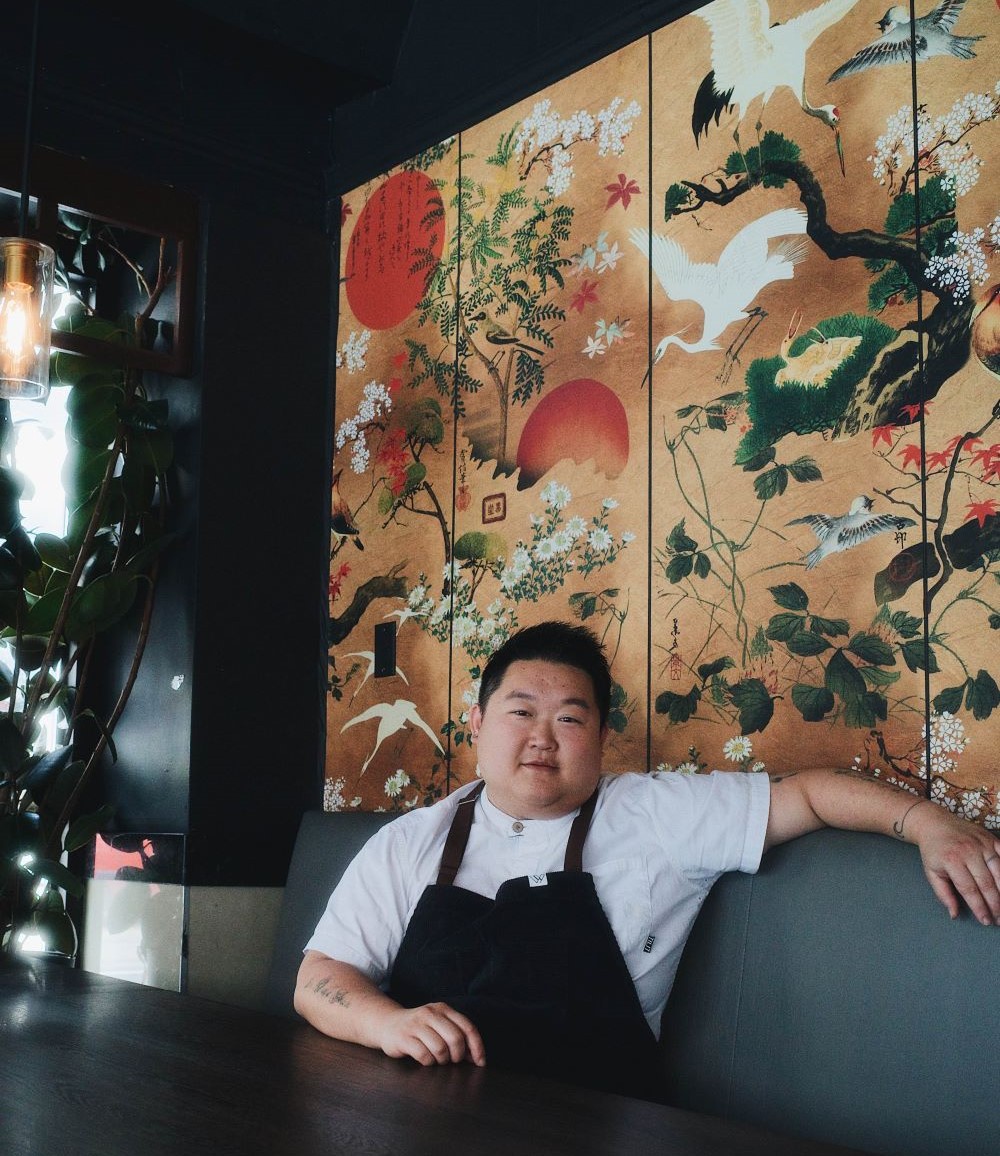
Each dinner at Yan highlights the development and growth of Chinese cuisine through the eyes, tastes, and life experiences of Colin and Eva. Their joint venture seeks to push Chinese cuisine forward by sharing their vision and culinary creations. Yan Dining Room operates four nights per week in Hong Shing’s private dining room. Seating is limited to 26 guests per evening, ensuring an intimate and refined dining experience.
The tasting menu, featuring 8-10 courses, will change monthly, allowing repeat guests to experience new flavours with each visit. Special themed dinners and guest chefs will also make appearances throughout the series, promising an ever-evolving dining experience. Add-ons such as baijiu pairings will also be available, providing an authentic and immersive dining experience. So, yes, once is not enough!
Cost: $88 per person + gratuity, with optional wine or baijiu pairings for $50 per person
For more information and updates on this exciting series, follow @YanDiningRoom on Instagram or visit the Hong Shing website for reservation details.


